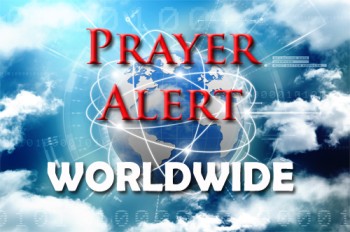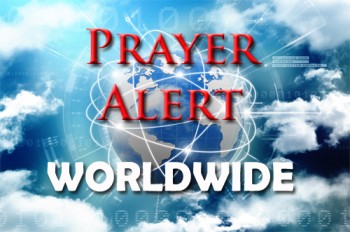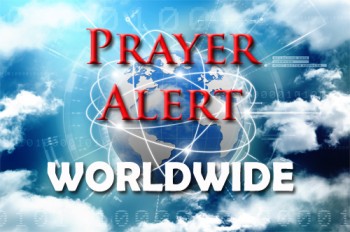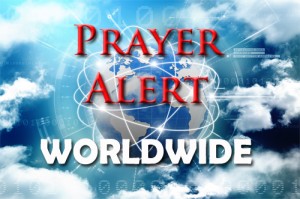Displaying items by tag: security forces
Sudan: pro-democracy protests continue
Sudan has seen weeks of large pro-democracy protests against a military coup that ousted the civilian transitional government last October. 81 people have been killed in rallies, many dying from gunshot wounds. The security forces repeatedly deny using live ammunition against peaceful protesters. Sudan’s women, who played a major role during the 2019 uprising, are again at the forefront of the demonstrations. Some have paid a heavy price for demanding civilian rule. Protesters and politicians have been abducted from their homes, offices, and even hospitals. In most cases, authorities deny the arrests or slam trumped-up charges against detainees. Noon Kashkosh, from the Democratic Coalition for Lawyers, is providing legal assistance to families of the detained. He said security forces are trying to discourage protests by pressing outlandish charges against young demonstrators. But the wave of detentions has fuelled the resolve of protesters to stay on the streets rather than back down.
Tunisia: bombs target security forces
Two explosions rocked Tunis on 27 June, targeting security positions. One blast struck a security vehicle in a busy area of the capital, while the second targeted a police building. A number of police personnel and three civilians were killed. Tunisia has been battling militant groups operating in remote areas near the border with Algeria since an uprising overthrew autocratic leader Zine Abidine Ben Ali in 2011. Since the revolution, dozens of the security forces and 59 foreign tourists have been killed. After an IS-claimed suicide bombing killed twelve presidential guards in 2015, Tunisia has been under a state of emergency. Tunisians made up a large component of the foreign fighters in IS, while the porous border with neighbouring Libya has also aided militants. Spiritually Tunisians are being exposed to the truth of the gospel as they interact with believers on social media sites and search Christian websites.
Zimbabwe: violence against protesters
Zimbabwe is going through an economic crisis and is battling severe fuel shortages. The government recently announced a 150% petrol price increase, igniting widespread discontent, strikes and violent demonstrations. Then, while President Mnangagwa was out of the country, seeking much-needed foreign investment, police and soldiers launched large-scale operations against suspected protesters, activists and strike organisers. At least twelve people were killed and 78 treated for gunshot injuries, according to a local human rights group which recorded over 240 incidents of assault and torture and 700 arrests. People were hunted down in their homes by security forces and severely beaten, with arrests continuing after Mnangagwa had returned. He said, ‘Violence or misconduct by our security forces is unacceptable and a betrayal of the new Zimbabwe.’ Accused of conducting a deadly crackdown on dissent, the army and police denied any wrongdoing, saying some assailants raiding homes were wearing official uniforms to pose as security personnel.
Egypt: mosque attack
The village where 305 worshippers were killed by Salafi militants on 24th November had been warned against hosting Sufi gatherings. Salafi Muslims follow an ultra-conservative Islam and believe Sufis are heretics. This attack, the worst in Egypt’s history, was the security forces’ second failure in five weeks, following 50+ policemen being killed in a Muslim Brotherhood militants’ hideout. After that incident President el-Sisi demoted his army chief of staff. Washington told el-Sisi that the Egyptian security forces’ preparedness was clumsy and predictable, saying that in the fight against terror and guerrilla groups quicker action is needed, combining precise intelligence and commando forces. The Egyptians are still very far from employing advanced methods; they responded to the attacks by bombing IS vehicles.



